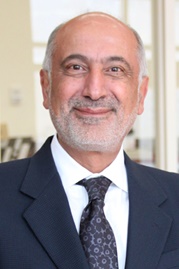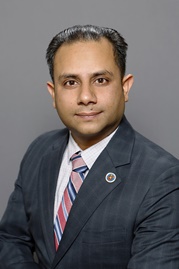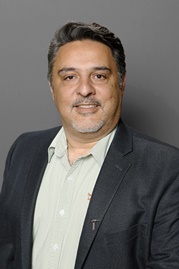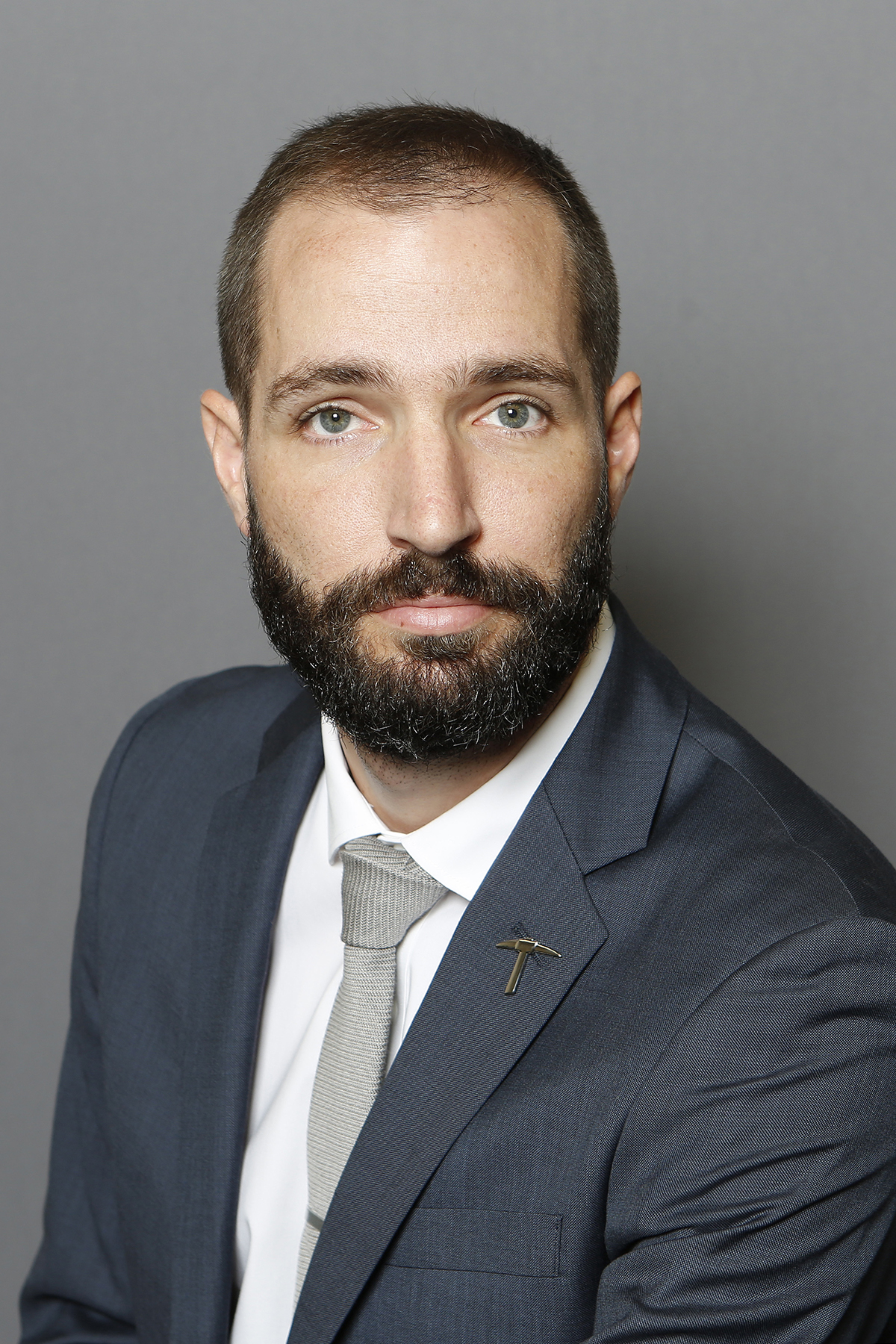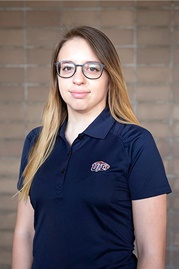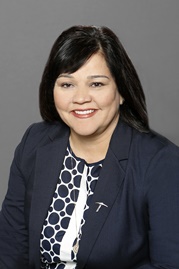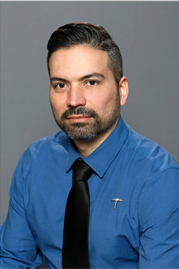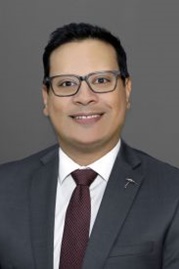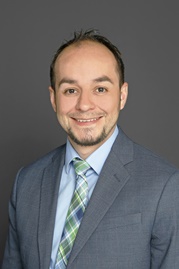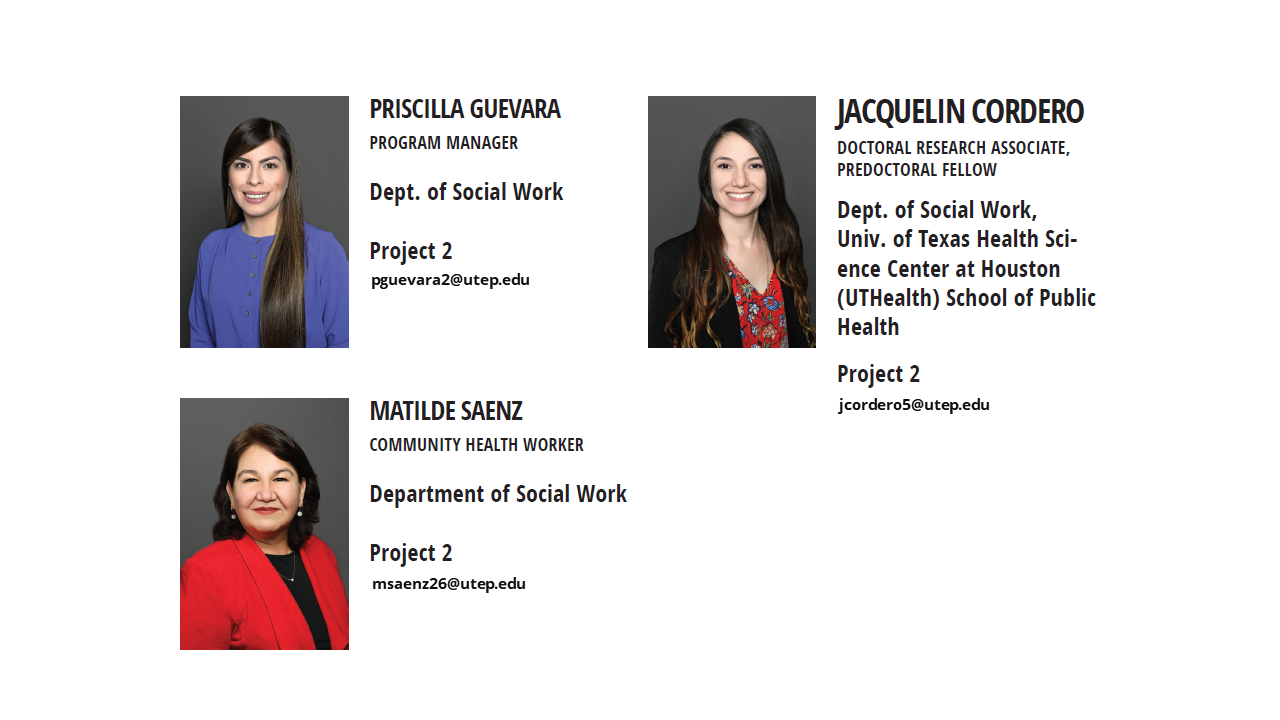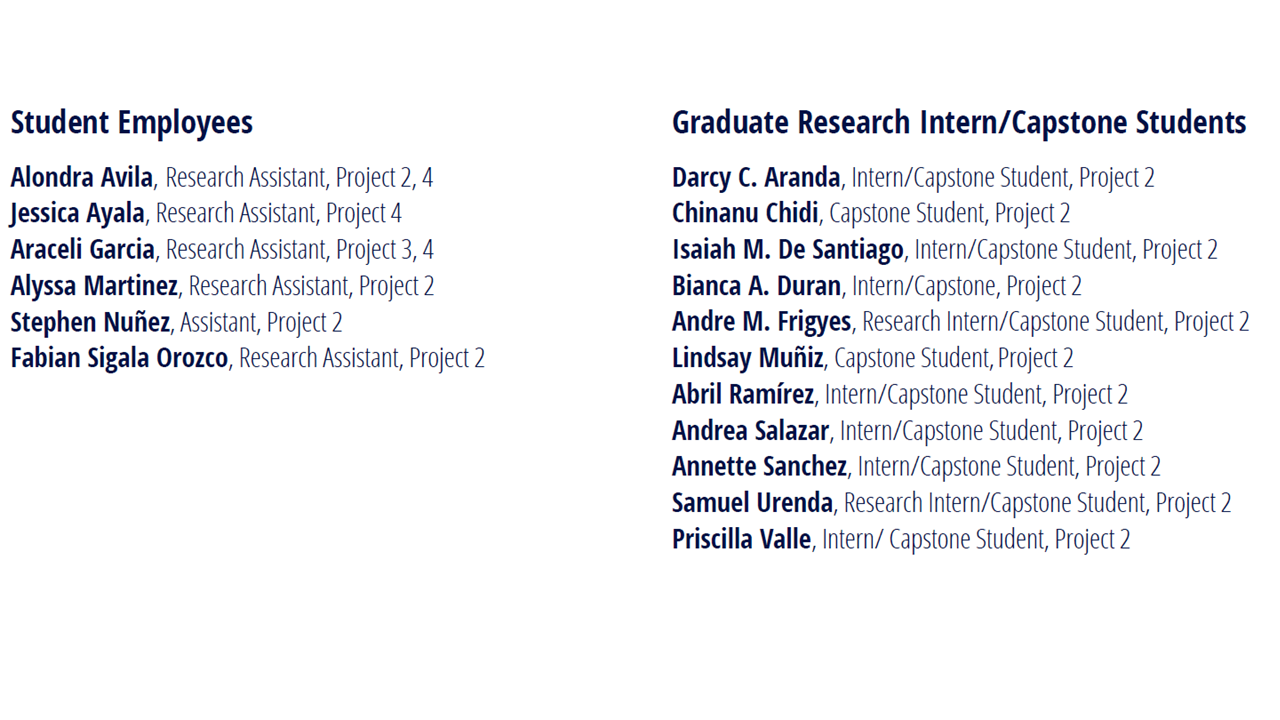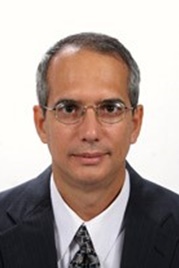Advancing Sustainability through Powered Infrastructure for Roadway Electrification (ASPIRE)
ASPIRE is funded by NSF with the vision to achieve a sustainable future for transportation through widespread electrification of roadway vehicles. ASPIRE strives to develop charging solutions that provide power to all classes of vehicles both while parked and in-motion. New fundamental insights will be gained in methods and materials to integrate charging infrastructure into long life pavements. New data science innovations in data-driven modeling, complex optimization, co-simulation of complex systems, diverse data sets of electrical power and transportation systems, and vehicular charging infrastructure; and end users will have game changing impact on systems design, optimization, and implementation. New environmental, economic, behavioral, and social science models and frameworks will be developed to allow the team to break out of conventional thinking when considering the societal, consumer and market perspectives of integration with technology elements. New enabling technologies will be developed in smart powered parking, roads, and charging hubs and validated through a robust testbed program with systems-level approach and a suite of enabling technology testbeds throughout the United States.
- Purdue University
- University of Auckland, NZ
- University of Colorado Boulder
- Utah State University

Frontera Intraplate Earthquake Research Collaborative (FRONTIER)
Keywords: Disaster Preparedness, Resilience, Intraplate Earthquake, Induced Seismicity, Hazard Mitigation, Community Engagement
It is a common misconception that earthquakes only occur near the boundaries of tectonic plates, like the western coast of the United States. Earthquakes can and do occur all over, however, and can come about from both natural and manmade sources. The Frontera Intraplate Earthquake Research Collaborative (FRONTIER) aims to address earthquake hazard in areas that have been historically overlooked by the scientific community, like El Paso, because they exist in the shadows of areas with high seismic hazards and histories of earthquakes. FRONTIER brings together expertise from geological sciences, sociology and anthropology, and civil engineering to explore the scientific and societal challenges brough about by an unpredictable hazard in areas that are not prepared. The team will establish a stakeholder advisory group comprised of regional emergency management experts as we seek external funding as a national earthquake research center focused on intraplate regions.
Funding Sources:- NSF
- NSF/NIST
- USGS
Interdisciplinary Group for Neuroscience Investigation, Training & Education (IGNITE)
Fostering Addiction Research and Neuroscience Training In Our Border Region
The high rates of substance abuse among Hispanics disproportionately fuels health disparities in our border region. Solving the complex problem of addiction will require the integration of interdisciplinary teams working at the forefront of their disciplines. The IDRB provides an exciting opportunity to bring together the Interdisciplinary Group for Neuroscience Investigation, Training & Education (IGNITE) team to combine innovative approaches in an environment that is fully integrated and focused on addiction. In the context of training programs that promote diversity, our goal is to help guide the development of more effective treatments for substance abuse in vulnerable populations.
- Brain and Behavior Research Foundation
- HHMI
- NIGMS
- NIMH
- NIH/NIAAA
- NIH/NIAID
- NIH/NIDA

Interdisciplinary Infectious Disease Cluster (IIDC)
Keywords: Antibiotic resistance, Methicillin-resistant Staphylococcus aureus (MRSA), point-of-care detection, thermometer detection
Rapid point-of-care detection of antimicrobial resistance using a thermometer
Methicillin-resistant Staphylococcus aureus (MRSA) is a leading cause of bacterial infections and causes a range of serious life-threatening diseases. Rapid on-site detection of MRSA is of great importance to guide timely antimicrobial therapy to reduce mortality. Because current MRSA detection methods require procedures and equipment that are too costly and complex to implement in low-resource settings, this project aims to develop a point-of-care device integrated with high-specificity DNA nanosensors for rapid detection of MRSA using a low-cost thermometer, especially for resource-limited settings such as a physician’s office and in the field.
Funding Sources:- NIH
- NSF
- UTEP Office of Research and Sponsored Projects
Interdisciplinary Team Science Addressing Modifiable Cancer Risk & Protective Factors (MCR)
Keywords: U.S.-Mexico border health, Hispanics, cancer prevention, advocacy, community engagement, community-based organizations
The team consist of interdisciplinary researchers, practitioners, community health workers, and students from UTEP Departments of Social Work and Public Health, School of Pharmacy, College of Science, Burrell College of Osteopathic Medicine, and community-based organizations to address modifiable cancer risks and protective factors by utilizing community-based team science approach, integrating community, and student-based capacity building interventions to advance preventative and comprehensive cancer care. While cancer can develop for many different reasons and affects everyone differently, it is the leading cause of death for Hispanics in the U.S. On the U.S.-Mexico border, there are certain cancers that affect communities more than others. The following projects are designed and interwoven to understand critical issues and implement interventional strategies related to HPV vaccine uptake, early screening processes for HPV-associated cancers, health literacy, and overall cancer awareness of youth and young adults within sub-divisions in the El Paso region: Ed-Tech HPV A Community Approach using Education and Technology to Increase HPV Vaccination Project (NIH Sloan Kettering Cancer Center Grant); Human Papillomavirus (HPV) Mitigation and Cancer Prevention across the Lifespan in Mexican Populations Project (NIH BBRC U54 Cancer Center); Youth and Young Adult Cancer Knowledge, Attitudes and Practices (C-KAP) Pilot Study; and UTEP Food and Housing Security Study. Our project findings are likely to generalize to other Hispanic and communities of color, medically underserved, or rural populations experiencing similar health concerns regarding modifiable cancer risks and protective factors. As we work and interact with community-based organizations, researchers from different backgrounds of health, biological, and behavioral sciences, we will advance cancer prevention and care efforts in the El Paso area through translational research venues.
Funding Sources:- NIH/NIMHD
- UTEP Office of Research and Sponsored Projects
Rural Health Interdisciplinary Research Core (RHIRC)
Keywords: rural health disparities, social justice, global health, community-engaged interdisciplinary research, workforce preparation, translational research, technology and innovation, advancing policy.
The Rural Health Interdisciplinary Research Core (RHIRC)conducts meaningful, geoculturally sensitive interdisciplinary research to inform rural health policy that translates regionally, nationally and globally to increase access and quality of health care and reduce health risks. Our goals include improving patient and population health outcomes and public health infrastructure for rural priority communities worldwide. The RHIRC team focuses on individual, family, community and policy aspects of rural health disparities spanning local to global priorities that include mental health, cancer, HIV/AIDS and other pandemics, Substance Use Disorder, and cardiovascular disease. Our mission is to collectively reduce disease burden and negative consequences.
Funding Sources/Affiliations:- Implementation Grant from US Health Resources Services Administration
- Rural Communities Opioid Response Program
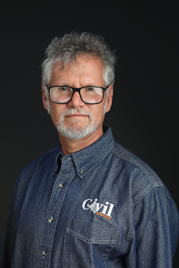
Alex Mayer, Co-Director
Civil Engineering

Deana Pennington, Co-Director
Geological Sciences

Diane Doser
Geological Sciences

Delfina Dominguez
Health Sciences

David Roberson
Metallurgical, Materials, & Biomedical Engineering
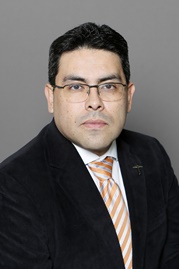
Dino Villagran
Chemistry & Biochemistry

Wen-Yee Lee
Chemistry & Biochemistry

Heidi Taboada-Jimenez
College of Engineering
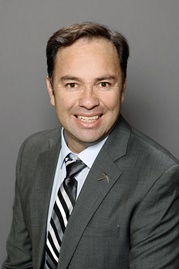
Hugo Gutierrez-Jurado
Geological Sciences
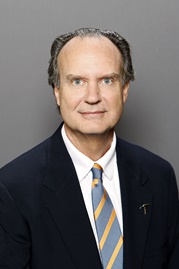
James Kubicki
Geological Sciences

Ivonne Santiago
Civil Engineering

Jorge Gardea-Torresdey
Chemistry & Biochemistry
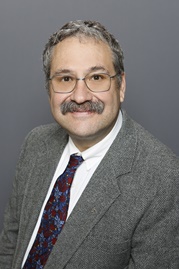
Josiah Heyman
Sociology and Antropolohy, CIBS
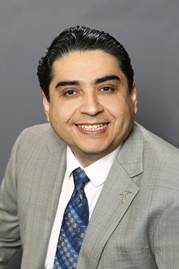
Juan Noveron
Chemistry & Biochemistry
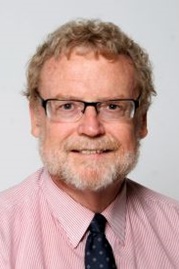
William Hargrove
Center for Environmental Management (CERM)

Natalia Villanueva-Rosales
Computer Science
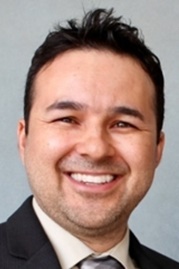
Hernan Moreno Ramirez
Geological Sciences
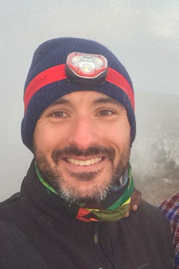
Julien Chaput
Geological Sciences

Lixin Jin
Geological Sciences

Mark Engle
Geological Sciences

Chris Roberts
Electrical & Computer Engineering

Kerry Doyle
Rubin Center for the Visual Arts
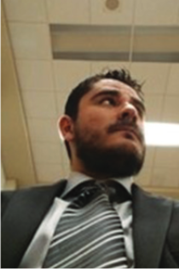
Luis Garnica
Computer Science

Melissa Melpignano
Theatre and Dance

Ron Wagler
Teacher Education

Laura Alvarez Rueda
Geological Sciences

Malynda Cappelle
CIDS

Monika Akbar
Computer Science

Eva Deemer
CIDS

Vanessa Lougheed
Biological Sciences

Shane Walker
CIDS

Tom Gill
Geological Sciences

Marianne Karplus
Geological Sciences

Lin Ma
Geological Sciences
One Water
Keywords: water resources, water scarcity, human-water interactions, hydrologyEstablishment of the “One Water” Cluster in the Interdisciplinary Research Building, University of Texas at El Paso
One Water is envisioned as an interdisciplinary cluster of researchers at UTEP who organize to solve water challenges facing society at regional to global scales. The One Water Cluster will build on a highly productive community of practice of faculty and students at UTEP by catalyzing new research, education and outreach on water challenges in water-scarce regions. Activities will include developing a sense of community belonging for faculty, students and community stakeholders; innovative projects leading to the submission of grant funding proposals; a One WaterX presentation series; a web and social media presence; and a practicum course on interdisciplinary research.
- American Chemical Society Petroleum Research Fund
- Andrew W. Mellon Foundation
- Army Research Laboratory
- Army Research Office
- EL Paso Water Utilities PSB
- EPA Border 2020 Program
- FUJIFILM Manufacturing Europe
- International Lithosphere Program
- Magna Imperio Systems Corp.
- MAP FUND
- National Aeronautics and Space Admin
- National Endowment for the Arts
- NIH
- NIH/NIGMS
- NSF
- NSF CBET-EPSRC
- NSF ERC
- NSF HDR
- Office of Naval Research
- Partners of the Americas Foundation
- Prog Invest Migracion Y Salud –BERKELEY
- Texas A&M Transportation Institute
- University of Texas at Austin
- US Bureau of Reclamation through Arizona State
- University
- US Department of Agriculture
- US Department of Energy
- US Environmental Protection Agency
- US Geological Survey
- USDA NIFA
- UTEP Office of Research and Sponsored Projects
- Western States Petroleum Association
